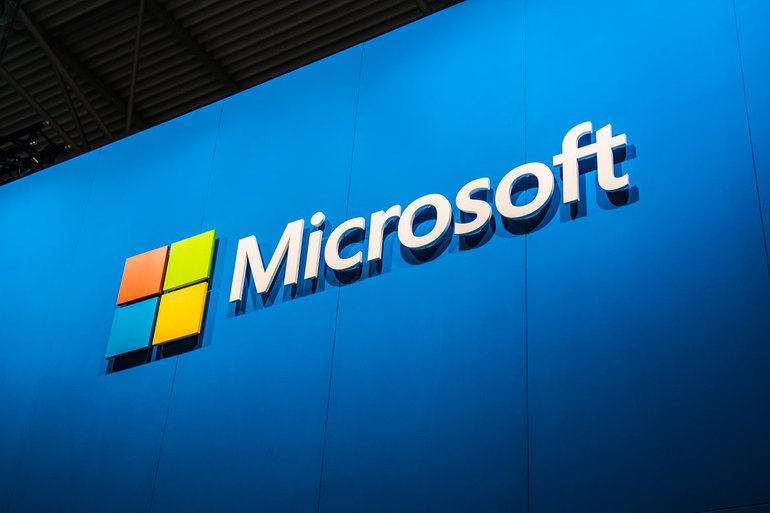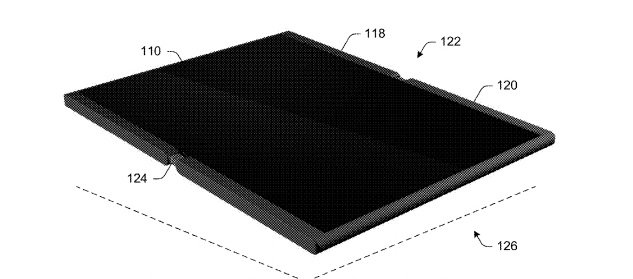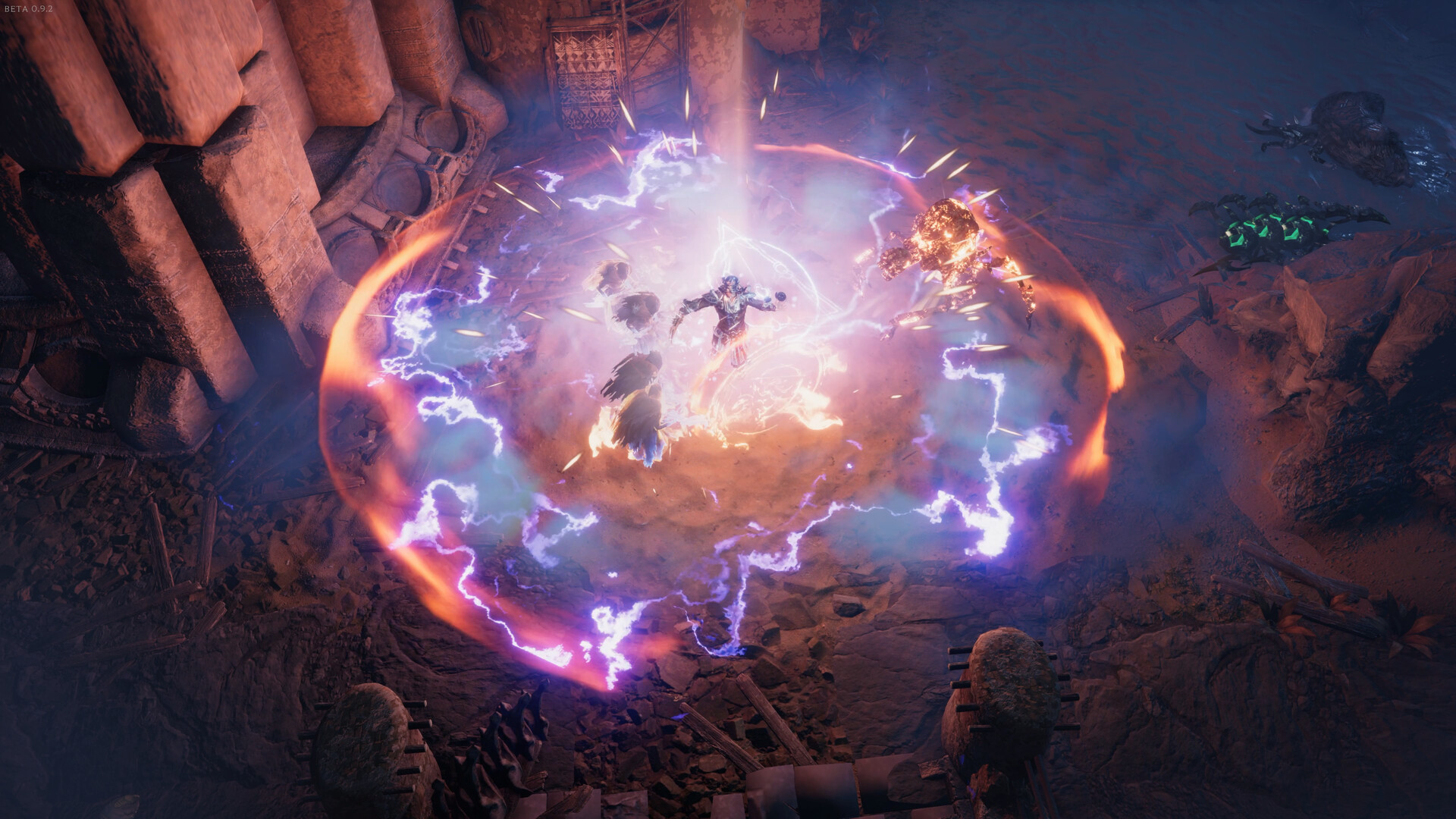Microsoft is working on a foldable mobile device with a focus on pen and digital ink
Microsoft is working on a foldable device codenamed Andromeda that runs a new version of Windows 10, and it could be here as soon as next year.

Although Microsoft's mobile efforts in regards to Windows 10 Mobile are dead, the company isn't pulling out of mobile altogether. While Windows on smartphones is no more, Microsoft is hoping to create a new category-defining mobile device that's aimed at an entirely new demographic that puts pen and digital inking at the forefront of its experience.
Microsoft 'Andromeda:' Everything we know about the rumored foldable device
At Windows Central, we've been covering two ongoing internal projects within Microsoft: CShell and Windows Core OS. Both of these projects play an important part in Microsoft's next rumored mobile device, which appears to be commonly referred to as "Andromeda" internally.
So, what exactly is this Andromeda device and why should you care?
Digging into Microsoft's 'Andromeda' folding device
According to our sources, the Andromeda device is prototype hardware; a foldable dual-screened tablet that runs Windows 10 built with Windows Core OS, along with CShell to take advantage of its foldable form factor. CShell plays an important role in the foldable aspect of this device, and it being foldable is significant as it allows the handset to switch between a tablet form-factor and phone form-factor.
I make the comparison to a phone because I'm also hearing that it also has telephony capabilities, meaning you could replace your actual smartphone with it and still be able to take calls and texts. My sources make it clear, however, that this is not supposed to be a smartphone replacement but rather a device similar to the canceled "Microsoft Courier." In short, Andromeda is a digital pocket notebook.
It's all about digital inking
I'm told the device puts pen and inking at the very forefront of its experience, with some prototypes opening up into a notebook app that's tied to OneNote with support for your usual inking options via Windows Ink. The notebook app itself is designed in a way that mimics writing in a real notebook, with virtual pages that spread across the foldable device. Of course, since it's Windows it also has a Start menu, as well as the ability to run apps like Edge or Photos.
Get the Windows Central Newsletter
All the latest news, reviews, and guides for Windows and Xbox diehards.
It is likely that Andromeda will run on an ARM chip, meaning it'll ship with the latest Snapdragon processor that's current at the time of its release. Regarding app support, I'm unable to verify if the device will be able to run Win32 programs, so that will have to remain a mystery for now. It will be able to run true-UWP apps, of course.
Microsoft isn't building this device for your average consumer. If it ever does comes to market, and that's a big if, it isn't going to be an iPhone or Android competitor because as Microsoft has publicly claimed in the past, it's just too late for that.
Instead, Microsoft is going to try and carve out a new market for people who need or want a device like this. It isn't hard to imagine this device being marketed as a digital journal for those in the enterprise, schools, students, and prosumers.
A lot of this info shouldn't come as a surprise. Those that have been following us closely likely already know that Microsoft has been filing patents for foldable devices for the last year or so. That, along with CShell and Windows Core OS, and the fact that Microsoft has publicly stated that if it is to ever return to mobile, it'll be with a new kind of device, it's not hard to envision Microsoft doing something like this.

I believe Microsoft's hardware partners could also build their own, similar foldable devices. Microsoft appears to be toying with its own, possibly under the Surface moniker to show hardware makers what this new device category should be like, just as it has with other Surface products in the past. This is treading into speculative territory, but maybe it'll be called "Surface Note," or "Surface Journal?"
Unanswered questions
There's plenty about this device that we still don't know. For example, we also don't know about any of its specs, actual size, price, appearance or name.
Sources tell me that if this device ever does see the light of day, it'll happen in 2018 at the earliest. It seems Microsoft is pegging "sometime in 2018" for its release, which is super interesting. I wouldn't be surprised if this gets pushed back at some point, as is entirely possible. Of course, considering this isn't a product that's been officially announced, Microsoft can change or cancel its plans at any time as it has in the past.
Assuming Microsoft doesn't cancel these plans, its future mobile efforts sound incredibly exciting. Could we finally be getting the Microsoft Courier that we've always wanted? Only time will tell. In the meantime, does the sound of a foldable, digital notebook with telephony capabilities running Windows 10 entice you? Let us know. Microsoft may very well be reading your comments ...

